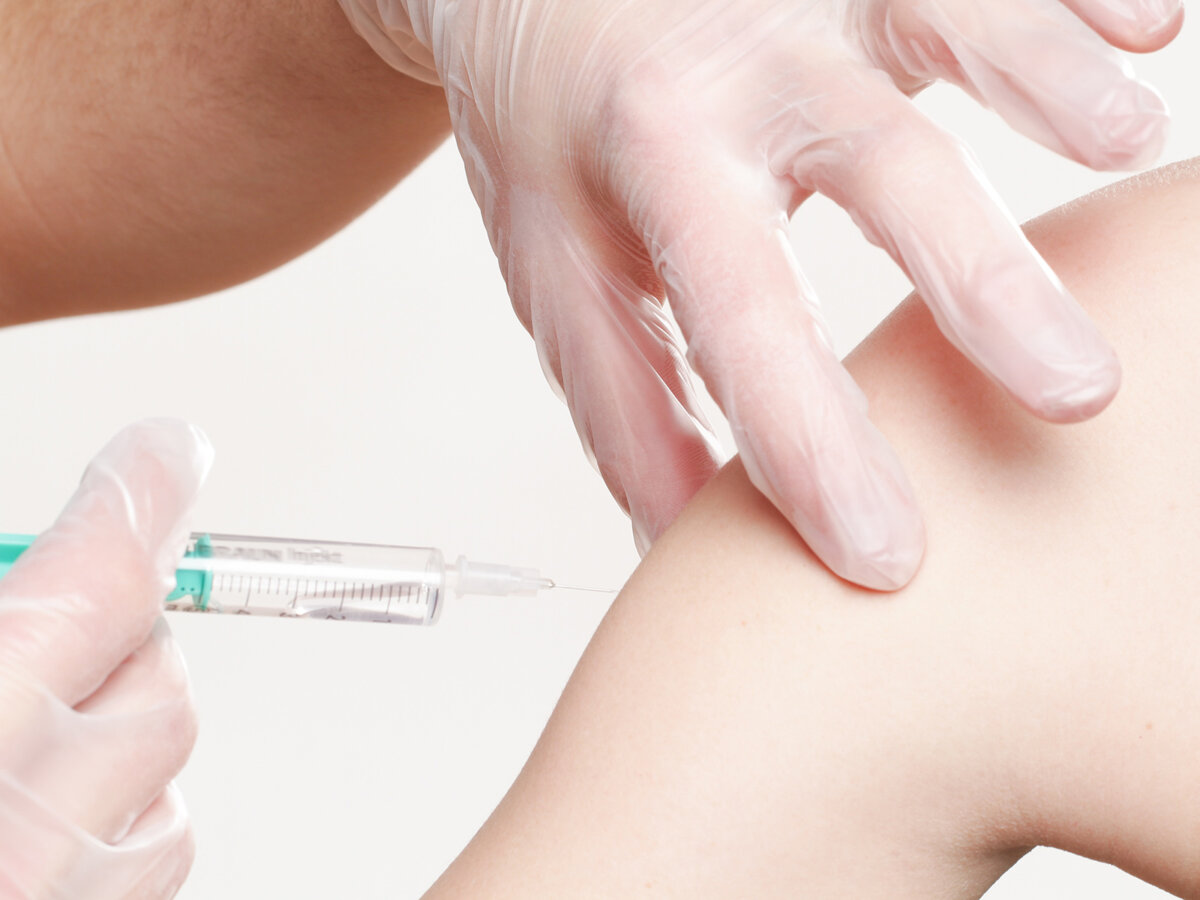Blog
Dental hygiene tips for healthy teeth & gums

How common are HPV-related cancers?
HPV stands for Human Papillomavirus is a virus that is sexually transmitted vaginally, anally, or orally. It is a family of 200 viruses. There is currently no cure for HPV. Although HPV can manage by receiving effective treatment and can lead a normal life.
HPV-Related Cancer Causing Virus
There are two categories of HPV Virus: Low Risk & High Risk. Low-risk HPVs rarely cause any disease. High-risk HPVs have been associated with numerous cancers. Among the 14 high-risk HPV types are HPV 16, 18, 31, 33, 35, 39, 45, 51, 52, 56, 58, 59, 66, and 68.HPV16 and HPV18 are the most common causes of HPV-related cancers.
Cancers caused by HPV
Long-term HPV infection can cause cancer in areas of the body where HPV infects cells, including the cervix, throat (the part of the throat behind the oral cavity that also includes the back third of the tongue, the soft palate, the side and back walls of the throat, and the tonsils), anus, penis, vagina, and vulva.
HPV can spread between sexual encounters. Any intimate skin-to-skin contact, such as vaginal–penile intercourse, penile-anal sex, penile–oral sex, vaginal–oral sex, and the use of sex toys or other devices, can spread the virus. Condoms and dental dams can help reduce the risk of HPV transmission, but they can’t eliminate it.HPV can infect both men and women and might result in cancer. However, most HPV infections do not result in cancer: the HPV virus is usually controlled by your immune system and does not lead to cancer. And only high-risk HPV viruses can lead to cancer. High-risk HPV infection can cause cell alterations and, if left untreated, can lead to cancer. So it is vital to take HPV vaccination for prevention and reduce risk.HPV vaccination can prevent 90% of cancers led by HPV, also for precancers.
Schedule your appointment with a dentist today and get the treatment on time!


